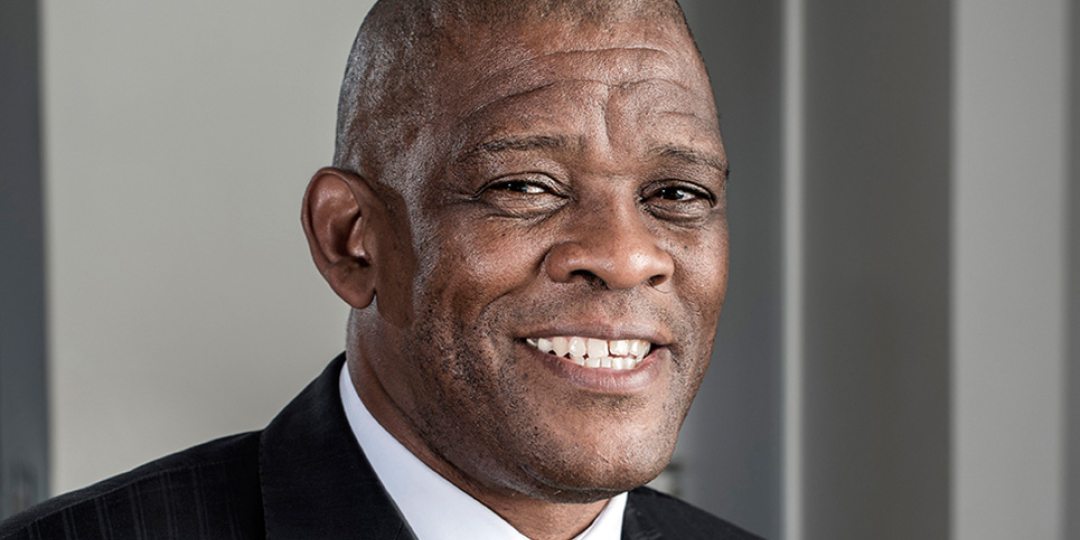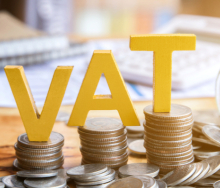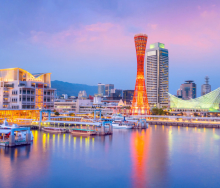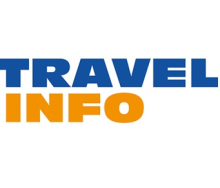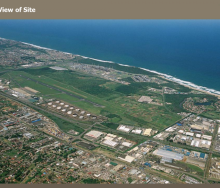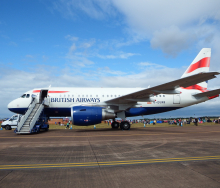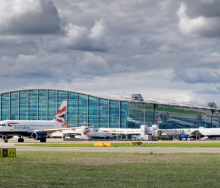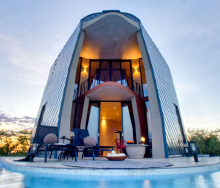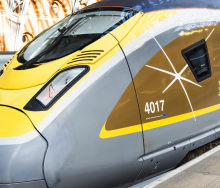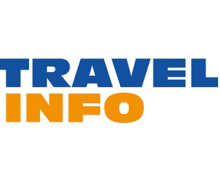While many tourism and hospitality operators introduced dual pricing as a means to cope with a major drop in inbound bookings due to the COVID-19 pandemic, an industry expert has warned that this could have “less desirable” long-term consequences as questions about sustainability remain.
“Instead,” said Tshepo Matlou, Head of Marketing and Communications at online travel and tourism platform, Jurni, “proactive approaches like impactful marketing to raise tourism SMMEs’ visibility to potential travellers would be a more sustainable way to keep the industry afloat.”
He said other ways to stimulate local travel should also be considered, including improved use of technology in marketing local travel and tourism offerings.
“The pandemic fast-tracked our lives digitally, changing the way people search, shop, work, and play. Technology will become even more important in the way travel is marketed, because young people rely on technology to find, book and pay for their stays. Travel SMMEs that want to succeed will therefore have to adapt or be left behind,” he added.
When inbound travel was almost at a standstill in 2020, the Minister of Tourism at the time, Mmamoloko Kubayi-Ngubane, encouraged the industry who normally marketed to the international market to “be innovative and adapt to the needs of the domestic market”.
She suggested a two-tier pricing model in which operators offered prices for international visitors and lower rates for South African (or even southern African) citizens.
Is it sustainable?
Many operators noted that this was not sustainable as operating costs were the same
for local, regional and international travellers. This includes labour, municipal rates, taxes and all other input costs.
It was further noted that there are a myriad of accommodation options in South Africa – from super-luxurious seven-star game lodges to low-rate backpackers – and that there was a reason for this range of pricing and product offerings.
Especially as certain properties, especially those with low-impact developments and exclusivity, were tailored to specific markets and could not adapt their offering and pricing in a sustainable manner.
Tourism Professor at the UK’s Middlesex University, David Harrison, said it could be embarrassing to explain when guests compared notes.
“Can I suggest a more reasoned approach? Operators should do their budgeting and establish pricing that covers costs and provides a profit, which gives a fair return on investment and charge this rate to all,” he suggested.
Other point of view
Yet, CEO of Motsamayi Tourism Group, Jerry Mabena, firmly believes that keeping these dual prices makes it more affordable for locals to try new tourism products and support the industry.
“Dropping prices for locals has been well received to such an extent that, in December 2021, some parts of South Africa saw their occupancies reaching levels not seen since the pandemic started. This happened in spite of an absence of international visitors,” said Mabena.
CEO of Cape Town Tourism, Enver Duminy, was recently quoted by Business Insider as saying: "There are pros and cons to dual pricing. I think it's critically important for public assets to be affordable and accessible to every South African citizen.
“It's also about making sure that the experience is done in a world-class fashion. The question is, who's going to pay for it, who's going to subsidise it? We say we want things to be cheaper [or] we want things to be free, but who's going to fund that?"
Travel News would like to hear your views – please e-mail katen@nowmedia.co.za
